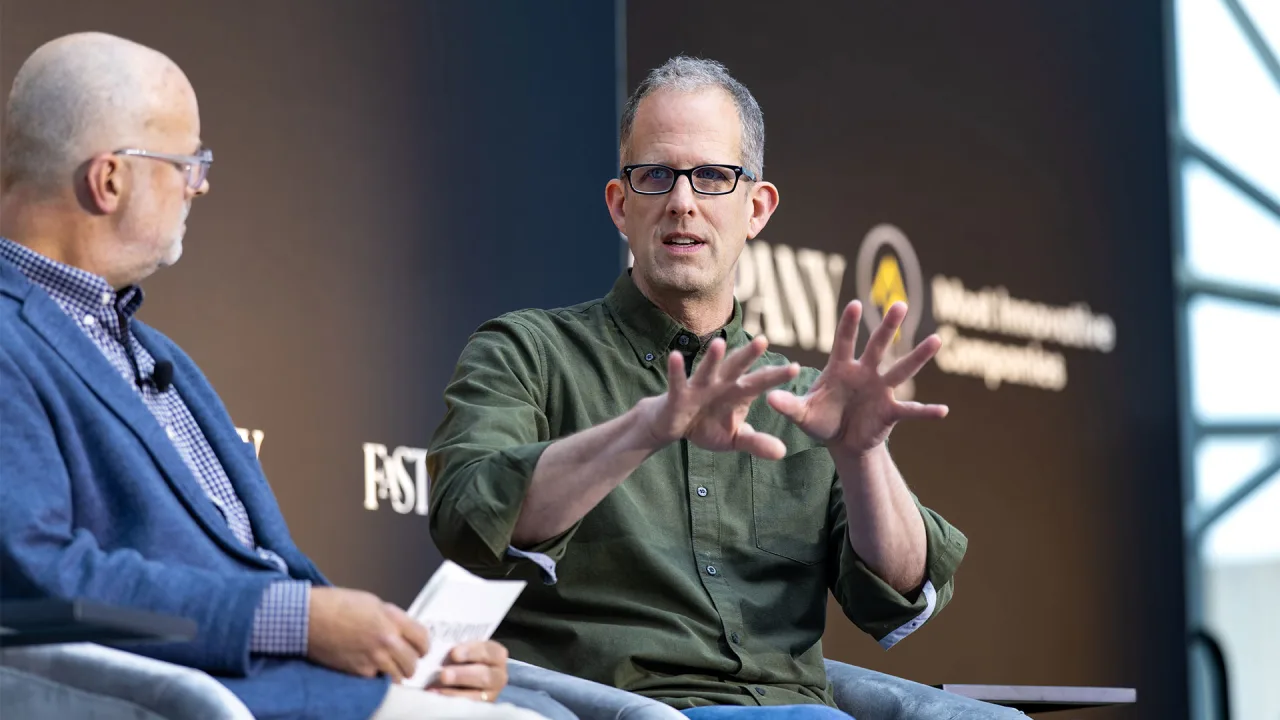‘GCCs should consistently create value differentiation’: State Street's Arindam Banerrji
The fireside conversation at YourStory GCC Summit 2025 emphasised on how GCCs can harness AI to drive value differentiation.


The objective of global capability centres (GCC) should be to create value differentiation, and artificial intelligence (AI) will play a role in driving this innovation, according to a senior executive from the financial services industry.
In a fireside chat on the topic 'Tomorrow’s financial infra: GCCs driving global innovation in BFSI' at the YourStory GCC Summit 2025, Arindam Banerrji, Executive Vice President & Country Head, State Street, said GCCs should look at steps that actually lead towards the goal of innovation.
In a conversation with YourStory Chief Operating Officer (COO) Sangeeta Bavi, the State Street executive noted that the key goal of GCCs should be how they can utilise emerging technologies like AI to move from process driven activities to innovation.
The key element here would be on how organisations are able align themselves to the needs of their customers and markets.
At the same time, Banerrji said this would also require the organisation to match the aspirations of their employees with the key objectives of the enterprise.
In the current environment where AI has become the overarching theme for enterprises across industries regardless of their size, there are also certain initial steps that are needed to harness the potential of this technology platform.
“AI can be useless if one does not get the data correct,” Banerrji remarked.
This would mean actually getting data from multiple points and putting them through a robust process to come out with very credible responses. According to Banerrji, AI is a representation of increased computing power which is giving wider choices to the customers. However, this also leads to the question of setting up adequate guardrails to any potential pitfalls on the use of AI.
According to the State Street executive, by embedding AI in their decision making process, it has given them the ability to interact with their customer base in a different manner than what it was in the past.
“In the next three to four years, AI will become part of our everyday life,” he said, adding that this tech platform is not just about reducing costs but creating a positive impact, helping technology get more democratized and giving wider access to people.
Banerrji said the biggest beneficiary from the world of AI will be the small and medium enterprises if they can adapt to this platform. However, he added that it is important that such enterprises undertake reskilling.
On the role of India, Banerrji felt that the country is in a unique position as it has created a digital infrastructure based on trust, and this allows for equal opportunity to everyone to come out with innovative products.
Edited by Jyoti Narayan





![X Highlights Back-To-School Marketing Opportunities [Infographic]](https://imgproxy.divecdn.com/dM1TxaOzbLu_kb9YjLpd7P_E_B_FkFsuKp2uSGPS5i8/g:ce/rs:fit:770:435/Z3M6Ly9kaXZlc2l0ZS1zdG9yYWdlL2RpdmVpbWFnZS94X2JhY2tfdG9fc2Nob29sMi5wbmc=.webp)


























































































































































































